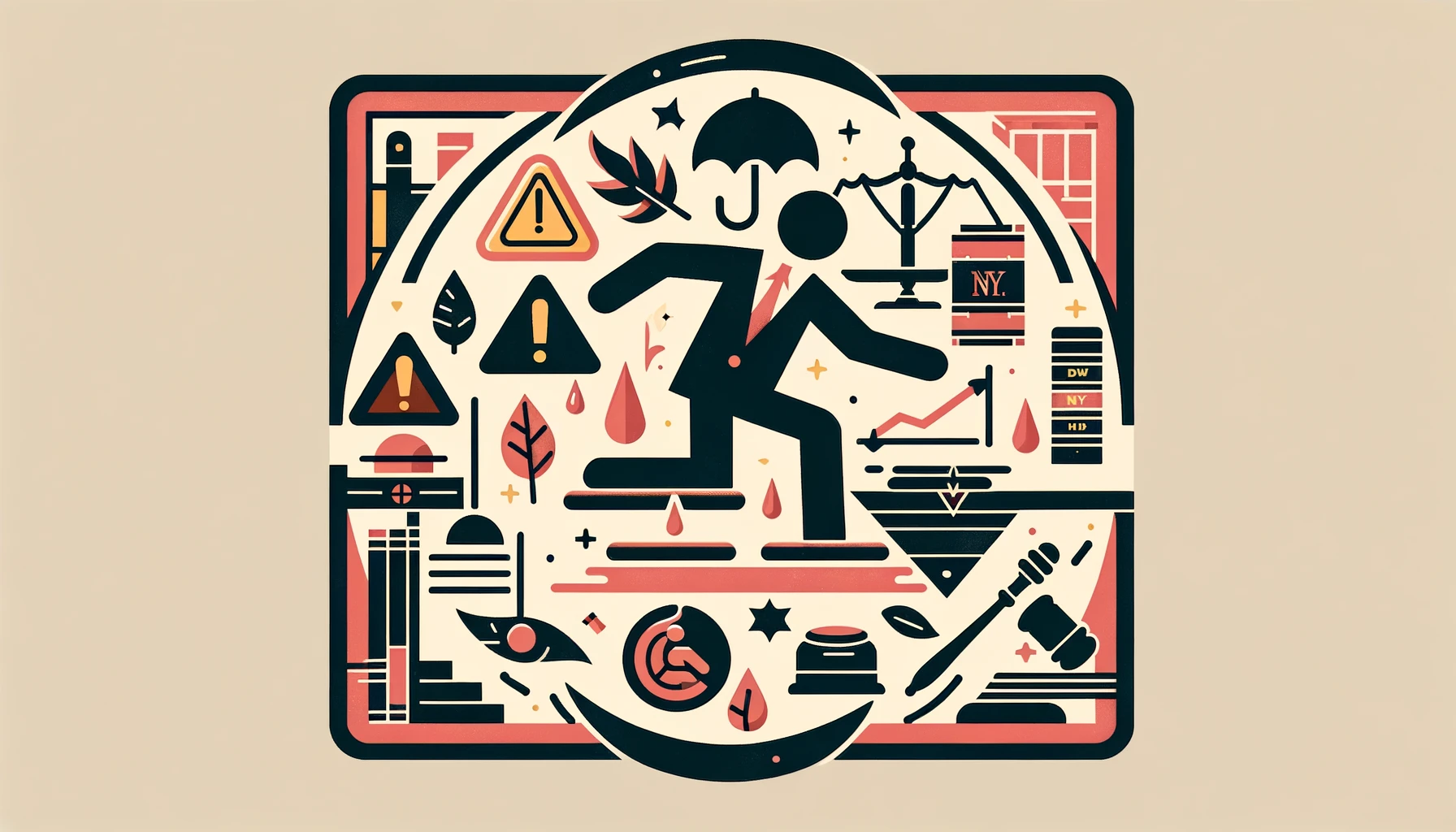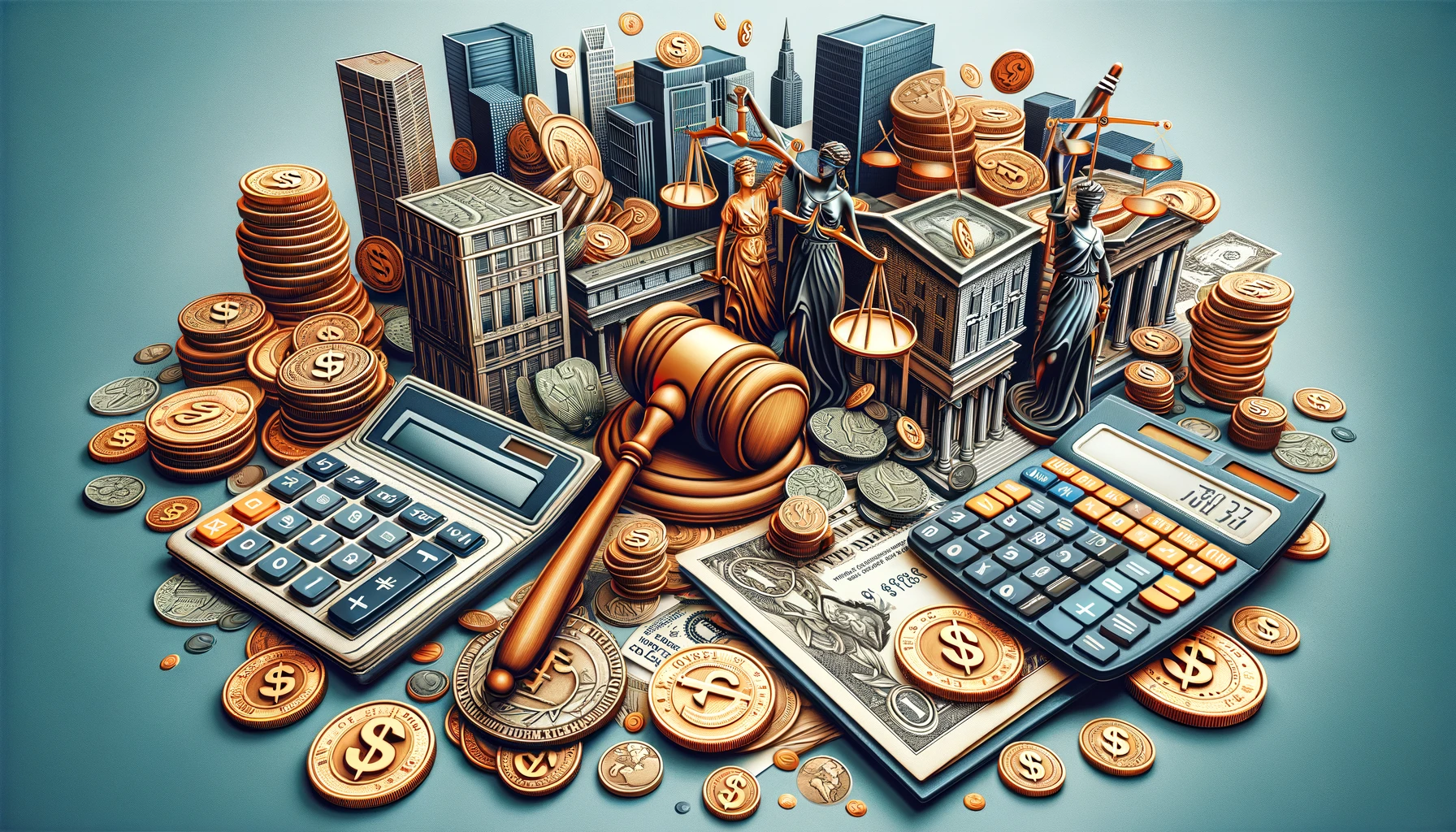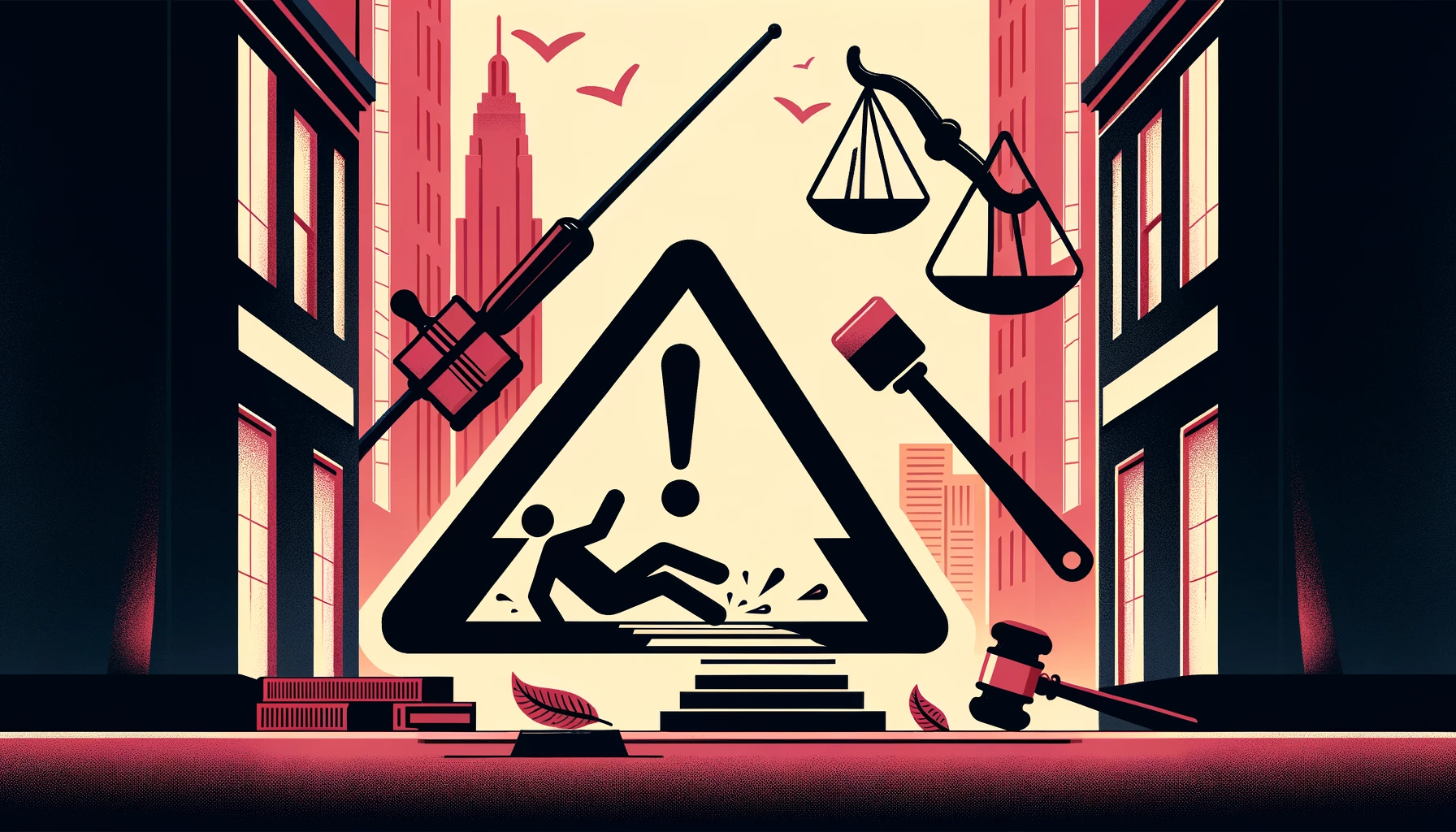Slip and fall accidents can happen anywhere—whether you’re visiting a friend’s home, shopping at a store, or walking in a public park. If you’ve been injured in such an incident, understanding the difference between public and private property is crucial for determining liability and seeking compensation. The rules for slip and fall cases vary depending on where your accident occurred, and navigating these distinctions can be challenging without legal guidance.
At the Law Offices of Supriya Kichloo, P.C., we help slip and fall victims in New York understand their rights and take the necessary steps to help recover the compensation they deserve. Let’s explore how public and private property claims differ and what you need to know about each type of case.
What Are Slip and Fall Cases?
Slip and fall cases fall under premises liability law, which holds property owners or managers responsible for maintaining safe conditions on their property. Common causes of slip and fall accidents include:
- Wet or slippery floors,
- Uneven sidewalks or flooring,
- Poor lighting,
- Debris or obstructions in walkways, and
- Weather-related hazards, such as snow or ice.
In New York, proving liability requires demonstrating that the responsible party was negligent in maintaining their property. That means showing that they knew or should have known about the hazardous condition but failed to address it.
The Difference Between Public and Private Property
Understanding whether your accident occurred on public or private property is the first step in determining liability.
- Public property. A slip and fall on public property includes spaces owned or maintained by government entities, such as parks, sidewalks, government buildings, and public transit areas.
- Private property. A slip and fall on private property refers to areas owned by individuals or businesses, such as homes, retail stores, restaurants, apartment complexes, and privately owned parking lots.
The type of property matters because the process for filing a claim and holding the responsible party accountable differs significantly. For example, claims involving public property require strict adherence to special procedures and deadlines.
Liability in Slip and Fall Cases
Determining liability, or responsibility, for your accident will vary depending on the type of property where the slip and fall occurred.
Government entities are responsible for maintaining public property in safe condition. However, filing a claim for a slip and fall on public property involves additional legal hurdles:
- Notice of hazard. You must prove that the government knew about the hazardous condition or should have known about it through regular inspections.
- Strict deadlines. In New York, you must file a notice of claim within 90 days of the accident if a government entity is responsible. You then have one year to file a lawsuit.
- Comparative negligence. The government may argue that you were partially at fault for the accident, which can reduce your compensation.
Private property owners and managers owe a duty of care to keep their premises safe for visitors. Liability in private property slip and fall cases often depends on:
- Duty of care. Property owners owe the highest duty of care to invitees (e.g., customers) and a lesser duty to licensees (e.g., social guests) and trespassers.
- Knowledge of hazards. You must prove that the owner knew or should have known about the hazard and failed to fix it.
- Shared responsibility. In cases involving rented properties, liability may fall on the landlord, tenant, or both, depending on the circumstances.
If your slip and fall occurred on a public sidewalk, it could be more complicated. For example, New York City has a “sidewalk law” that says property owners are responsible for maintaining sidewalks adjacent to their property. You might need to pursue a claim against the property owner rather than a government entity.
Key Differences Between Public and Private Property Cases
The primary differences between public and private property slip and fall cases lie in the liability standards, deadlines, and complexity of the claims process:
- Liability standards. Public property claims require proof of prior notice to the government, while private property claims focus on the owner’s duty of care.
- Deadlines. Public property claims must adhere to much shorter filing deadlines than private property cases, which typically have a three-year statute of limitations in New York.
- Complexity. Public property slip and fall cases often involve additional legal defenses, such as sovereign immunity, which does not apply to private property cases.
Understanding these differences is essential for building a strong case. Consulting an attorney right after your accident can help ensure you don’t miss any filing deadlines.
Steps to Take After a Slip and Fall Accident
Whether your accident occurred on public or private property, taking the proper steps immediately afterward can protect your rights and strengthen your case.
- Seek medical attention. Even if your injuries seem minor, see a doctor to document your condition and link it to the accident.
- Document the scene. Take photos or videos of the hazard, your injuries, and the surrounding area. Gather contact information from any witnesses.
- Report the incident. Notify the appropriate government agency or inform the property owner, manager, or landlord as soon as possible.
- Preserve evidence. Keep all records, such as medical bills, accident reports, and correspondence with the responsible party.
It’s essential to consult a lawyer as soon as possible. An experienced attorney can help overcome potential challenges by gathering evidence, navigating government procedures, speaking with insurance adjusters, and advocating for your rights.
Contact the Law Offices of Supriya Kichloo, P.C. Today
Slip and fall accidents can leave you with serious injuries, mounting medical bills, and many questions about your legal options. Whether your accident occurred on public or private property, understanding your rights and the differences in pursuing these claims is essential. You need a strong legal advocate to help you seek compensation from all liable parties.
At the Law Offices of Supriya Kichloo, P.C., we provide compassionate and knowledgeable representation to help you navigate the complexities of your case. We have years of experience navigating the complexities of New York’s premises liability laws. Contact us today for a free consultation and take the first step toward pursuing the compensation you deserve.


